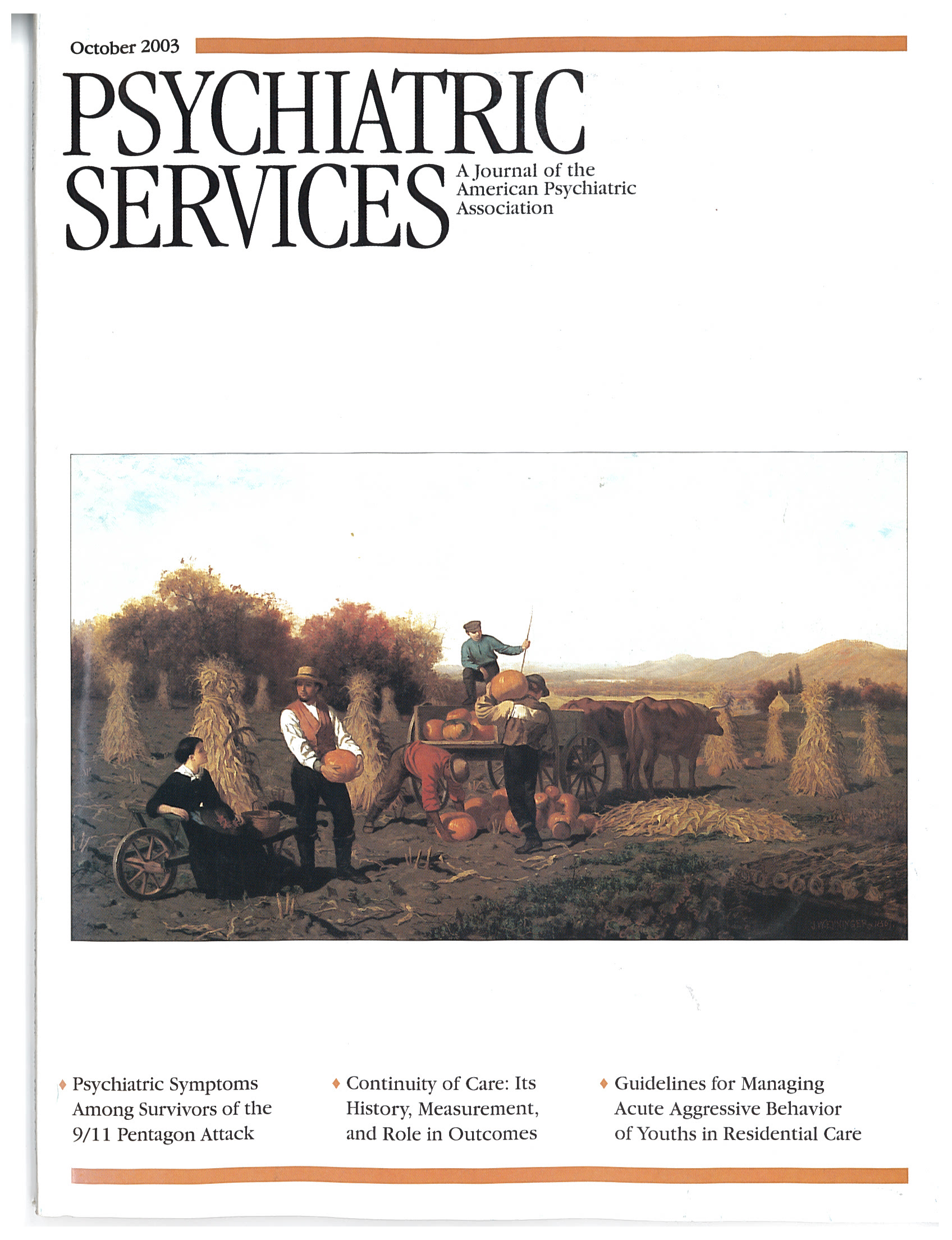Beat the Stigma: Come Out of the Closet
Advocacy groups and other mental health stakeholders have argued that stigma is a major barrier preventing people with mental illness from accomplishing many of their life goals. In just the past five years, several groups have developed projects to attack this problem. The Substance Abuse and Mental Health Services Administration has supported a national conference on the stigma of mental illness, launched a technical support center—the Center to Address Discrimination and Stigma—for antistigma programs, and championed an eight-state initiative to change people's attitudes about mental illness. The World Psychiatric Association has implemented "Open the Doors" as an international effort to erase stigma. Each of these programs has used education, protest, and contact to change public opinion so that people with mental illness will no longer experience the prejudice and discrimination that rob them of many life opportunities.
At the same time, another revolution has been occurring in a relatively quiet and uncoordinated fashion that may ultimately yield even greater effects on public stigma. People with mental illness who previously chose not to disclose their experiences have been coming out of the closet. These include such renowned individuals as John Nash, Mike Wallace, Patty Duke, Margot Kidder, and Rod Steiger. They also include people who happen to be our neighbors, coworkers, friends, family members, and others with whom we regularly associate. Research suggests that when people in the latter group— "People who are just like me!" —disclose their experiences with mental illness, the antistigma effect is greater than when famous people make such disclosures.
Think of the societal impact that may result if "coming out" becomes a formal strategy of multiple stakeholder groups. Professional and provider groups should join with consumer-survivors and family advocates to strategize about the best ways for people with mental illness to "come out." We should not be naive about the risks involved in disclosing a mental illness. The discrimination in the workplace and in one's social life that often results from the stigma of mental illness is the driving force behind antistigma programs. Hence, a coalition that seeks to promote "coming out" must also aim to obtain interpersonal, legal, and other substantial support for those who step up to the challenge.
Psychiatric services have been marked by several revolutions in approach and philosophy, including moral therapy, community-based care, empowerment, and recovery. Viewing some of the problems experienced by people with mental illness as social injustice and seeking to right the injustice through antistigma programs such as "coming out" may represent as great a shift in the public mental health paradigm as any previously seen.



